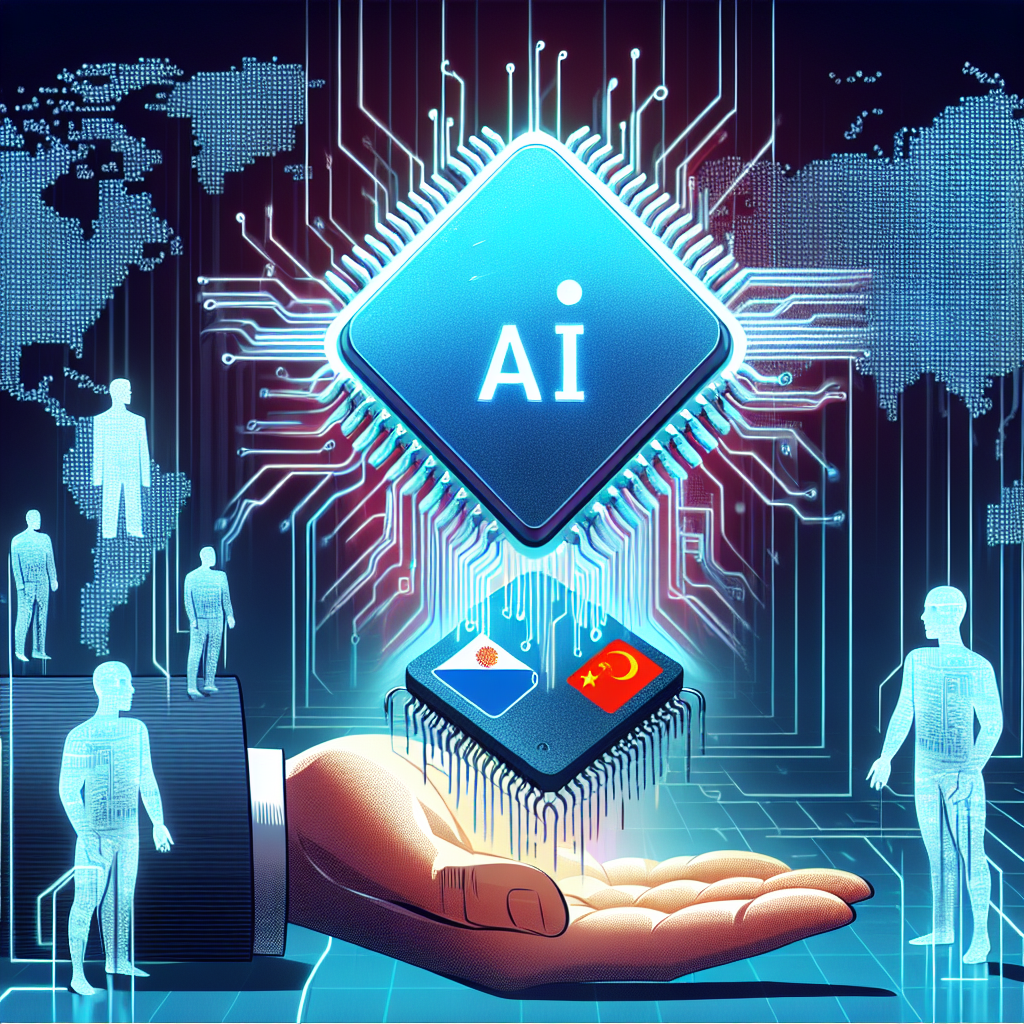China Bans Nvidia AI Chip Purchases
When history books are written about the global tech wars, the move “China bans Nvidia AI chip purchases” may stand out as a pivotal chapter—much like when the U.S. embargoed technology transfers to the Soviet Union in the Cold War era. This seismic shift throws the spotlight squarely on the world’s superpowers, sending shockwaves through international supply chains and raising the stakes for the future of artificial intelligence.
What Led to China’s Ban on Nvidia AI Chips?
The Chinese government’s decision to ban Nvidia AI chip purchases follows escalating restrictions from Washington, which has tightened export rules to restrict China’s access to cutting-edge semiconductors. In a defiant countermove, Beijing recently directed major Chinese tech companies and organizations to cease procurement of Nvidia’s state-of-the-art AI chips, including the highly sought-after A100 and H100 models.
This escalation makes one thing abundantly clear: tech sovereignty is now a national security imperative for both the U.S. and China. As artificial intelligence becomes foundational to advancements in defense, surveillance, and deep learning, control over the hardware that powers these systems has never been more contested.
The Fallout for Nvidia — and the Global AI Ecosystem
For Nvidia, China has long been a crucial market, accounting for up to a quarter of the company’s data center revenues. The new ban instantly removes a lucrative customer base, heightening uncertainty about the company’s international growth prospects. In response, Nvidia attempted to develop and ship downgraded chips compliant with U.S. export controls. However, Beijing’s sweeping policy now appears to block even these modified alternatives.
The implications are vast:
- Supply Chain Rethink: China’s ban on Nvidia AI chip purchases compels domestic companies to hasten their pivot to homegrown alternatives, bolstering firms like Huawei and SMIC.
- Global Chip Market Volatility: Analysts predict short-term disruptions and price fluctuations as buyers and sellers adjust to the new restrictions.
- Innovation Squeeze: Chinese AI researchers and startups may find themselves cut off from world-leading computing technologies, at least temporarily slowing their progress.
Race for Indigenous AI Technology
Beijing’s move does not mean Chinese companies will stand still. On the contrary, the ban accelerates China’s significant investments in homegrown AI chip development and alternative computing hardware. This step signals a doubling-down of China’s longstanding ambition to achieve AI self-sufficiency.
- Chinese tech giants are rapidly increasing research and development budgets.
- State-backed initiatives are funneling resources into semiconductor manufacturing.
- Collaborations between universities and industry aim to sidestep reliance on Western IP.
What’s Next for the AI Arms Race?
The decision that China bans Nvidia AI chip purchases adds fuel to a global race, where economic and technological supremacy are tightly intertwined. For the broader tech industry, the ban marks a new era of regionalization—where companies may need to design supply chains and R&D strategies that account for stark geopolitical divisions.
While it’s uncertain how quickly Chinese alternatives can close the performance gap, one thing is clear: decoupling is no longer a distant possibility—it’s unfolding now, with implications for everything from cloud computing to next-generation robotics.
Want to Track the Latest in AI Geopolitics?
For further insights on how tech tensions are shaping the future of artificial intelligence, see this recent Financial Times analysis.

